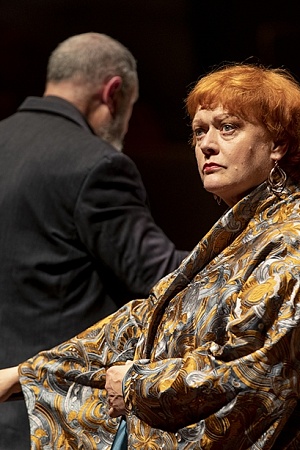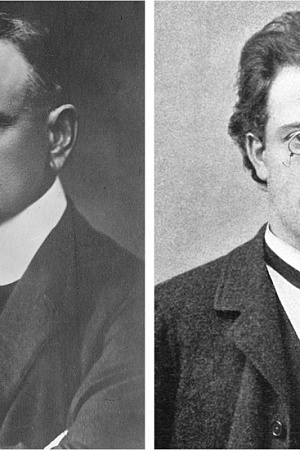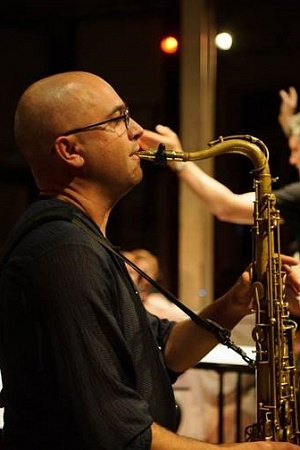Que Reste T’il (What Remains?) ★★★★
The idea of joining Robyn Archer – arguably the greatest cabaret artist in the country – for a night of French chanson that harks back to her seminal 1991 show Le Chat Noir was inspired. While Archer is most closely associated with German Kabarett of the Weimar, she is no slouch when it comes to interpretations of the Gallic variety. She certainly convinced the French themselves, who made her a Chevalier de L’Ordre des Arts et des Lettres in 2001. The difference between the two forms is largely academic; German cabaret, while more aggressively political, came directly out of the French cabaret that was established by Rudolphe Salis in 1880, mixing bawdy and sharply satirical songs with speeches, sketches, and dances that lampooned social and political mores of the day.
Continue reading for only $10 per month. Subscribe and gain full access to Australian Book Review. Already a subscriber? Sign in. If you need assistance, feel free to contact us.










Leave a comment
If you are an ABR subscriber, you will need to sign in to post a comment.
If you have forgotten your sign in details, or if you receive an error message when trying to submit your comment, please email your comment (and the name of the article to which it relates) to ABR Comments. We will review your comment and, subject to approval, we will post it under your name.
Please note that all comments must be approved by ABR and comply with our Terms & Conditions.